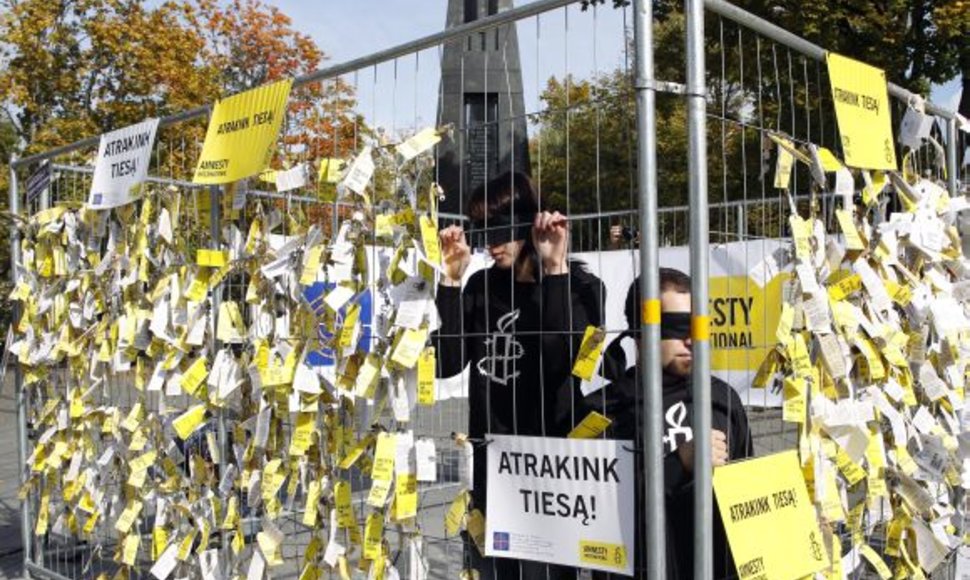The European Parliament organized hearings with NGO’s and human rights institutions to gather additional data about some member-states governments alleged complicity in the rendition programme.
The report investigated claims that arrangements existed in Lithuania, Romania, Poland, Denmark, Finland and Britain.
“Nothing has been done in member states to truly investigate and get to the bottom of the problem. There is an obligation not only not to torture or to be an accomplice in torture, but there is an obligation to investigate, to ensure accountability,” said Gerald Staberock, Secretary General of the World Organisation Against Torture.
Many of the inquiries conducted in recent years by member states have been classified.
Those findings were not made available for the follow up report that the European parliament is preparing. The report’s author says a joined up approach is imperative.
“Acknowledging the failures or difficulties members states have had in tackling the problem, the European Union should take this issue into its own hands so that finally, the information can become freely accessible,” said Hélène Flautre, MEP and rapporteur for Civil Liberties Committee.
The European parliament will send a delegation to Lithuania at the end of April, before presenting the final report to the Civil Liberties Committee in July.
The document will be voted on in the parliament’s plenary session in September.













